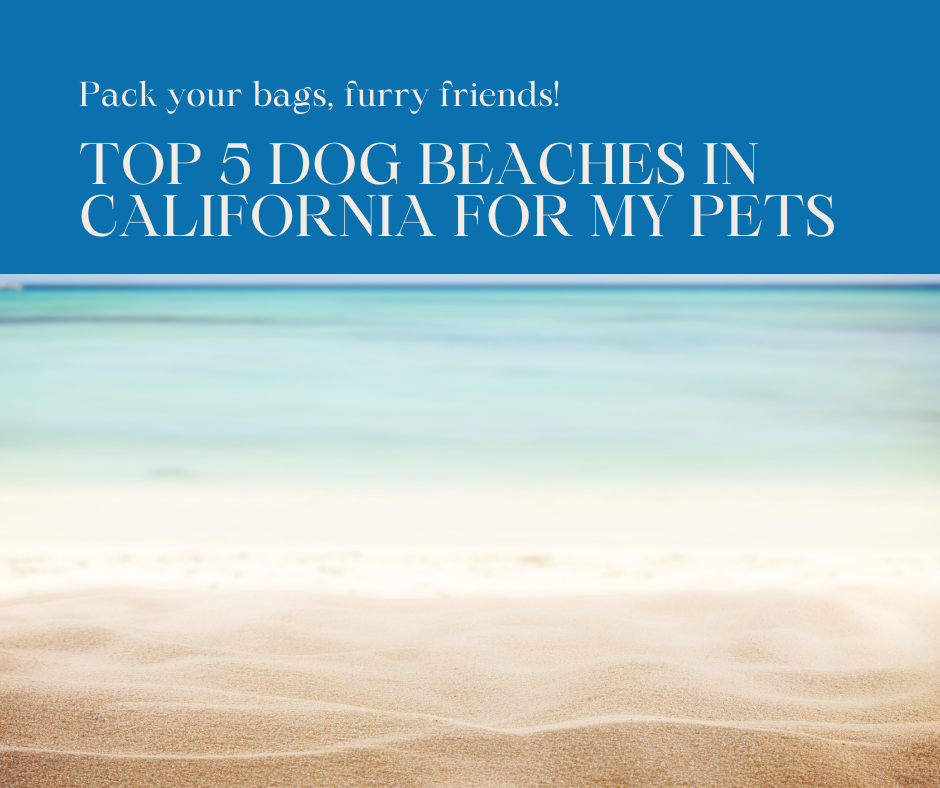
Last Updated on January 15, 2024 by Dogs Vets
Do Dogs Eat More Food in Winter?
As the winter season approaches, many dog owners wonder if their furry companions need to consume more food to stay warm and healthy. In this article, we will explore the truth about canine appetite during the colder months.
Understanding how winter affects a dog’s metabolism and energy requirements can help pet owners make informed decisions about their pet’s diet.
How Winter Affects Canine Metabolism
During winter, dogs experience changes in their metabolism due to the drop in temperature.
Just like humans, dogs need to generate more body heat to maintain their core temperature. This increased energy expenditure can lead to a higher calorie requirement, as the body needs more fuel to stay warm.
However, it is important to note that not all dogs will have the same metabolic response to cold weather. Factors such as breed, size, age, and overall health can influence a dog’s metabolism and appetite.
Some dogs may naturally have a higher metabolic rate, while others may have a slower metabolism.
Understanding Your Dog’s Energy Needs
It is crucial for dog owners to understand their pet’s energy needs throughout the year, including the winter season. The energy requirements of a dog are influenced by various factors, such as:
- Activity level: Dogs that are more active will require more calories to fuel their physical exertion.
- Age: Puppies and young dogs have higher energy needs compared to adult or senior dogs.
- Breed: Different breeds have different metabolic rates and energy requirements.
- Weight: Overweight dogs may need to consume fewer calories to maintain a healthy weight.
Consulting with a veterinarian can help determine the appropriate calorie intake for your dog based on these factors.
Optimizing Your Dog’s Winter Diet:
Balancing Rest and Nutrition As winter sets in, not all dogs maintain a high level of outdoor activity. Many dogs naturally transition into a more relaxed lifestyle during the colder months, preferring the comfort of warm indoors.
This shift in activity levels means that although their appetite might stay consistent, their energy needs decrease.
It’s important to adjust your dog’s diet accordingly to avoid excess calorie intake, which can lead to unwanted weight gain.
If your furry friend is enjoying a more laid-back winter, consider reducing their meal portions to align with their lowered energy expenditure. This ensures they stay healthy and fit, even during their restful winter days.”
Signs of Increased Appetite
Some dogs may naturally exhibit an increased appetite during winter due to the higher energy demands. It is essential for pet owners to monitor their dog’s weight and body condition to ensure they are not overeating.
Signs that your dog may be eating more than necessary include:
- Weight gain or obesity
- Begging for food more frequently
- Empty food bowls
- Increased scavenging behavior
If you notice any of these signs, it is important to reassess your dog’s diet and consult with a veterinarian if needed.
Feeding Tips for Winter
While some dogs may require slightly more food during winter, it is crucial to avoid overfeeding. Here are some feeding tips to keep in mind:
- Monitor your dog’s weight regularly and adjust the portion size accordingly.
- Choose a high-quality, balanced diet that meets your dog’s nutritional needs.
- Consider adding warming foods to your dog’s diet, such as cooked vegetables or warm broths. However, avoid feeding them anything toxic or harmful.
- Provide mental stimulation and physical exercise to keep your dog active and prevent excessive weight gain.
- Consult with a veterinarian for personalized feeding recommendations based on your dog’s specific needs.
Summary
While some dogs may naturally eat more during winter, it is essential for pet owners to be mindful of their dog’s overall health and weight.
Understanding your dog’s energy needs and monitoring their appetite and body condition can help ensure they stay healthy throughout the colder months.
Remember to consult with a veterinarian for personalized advice and recommendations.
Frequently Asked Questions
Can dogs eat snow?
A1: While it may be tempting for dogs to eat snow, it is generally safe in small amounts. However, consuming excessive amounts of snow can lead to stomach upset or hypothermia. Monitor your dog’s snow consumption and ensure they have access to fresh water.
Should I increase my dog’s food portion if they spend more time outdoors in winter?
Dogs that spend more time outdoors in winter may require slightly more food to compensate for the increased energy expenditure. Monitor your dog’s weight and consult with a veterinarian for personalized feeding recommendations.
Are there any specific foods I should avoid feeding my dog during winter?
A3: Some foods, such as chocolate, onions, and garlic, can be toxic to dogs. Avoid feeding your dog anything that is known to be harmful or toxic. Stick to a balanced and nutritious diet recommended by your veterinarian.
Can I feed my dog more treats during winter?
A4: Treats should be given in moderation, regardless of the season. Excessive treat consumption can contribute to weight gain and other health issues. Choose healthy, low-calorie treats and consider using them for training or mental stimulation purposes.
Should I change my dog’s diet during winter?
A5: In most cases, there is no need to change your dog’s diet specifically for winter. However, consulting with a veterinarian can help determine if any adjustments are necessary based on your dog’s individual needs.
Can cold weather affect my dog’s water consumption?
A6: Cold weather can sometimes reduce a dog’s water consumption. Ensure that your dog has access to fresh water at all times, and consider using a heated water bowl to prevent freezing.
Are there any supplements I should consider giving my dog during winter?
It is best to consult with a veterinarian before introducing any supplements to your dog’s diet. They can assess your dog’s specific needs and recommend any necessary supplements, such as omega-3 fatty acids for joint health or vitamin D for dogs with limited sun exposure.
References
















